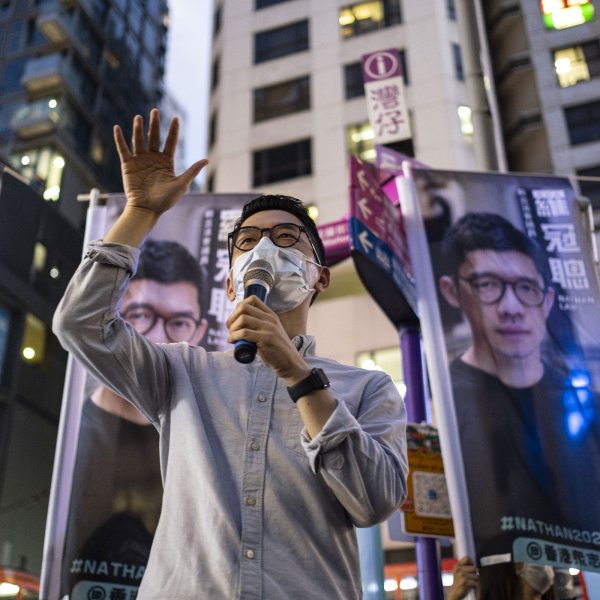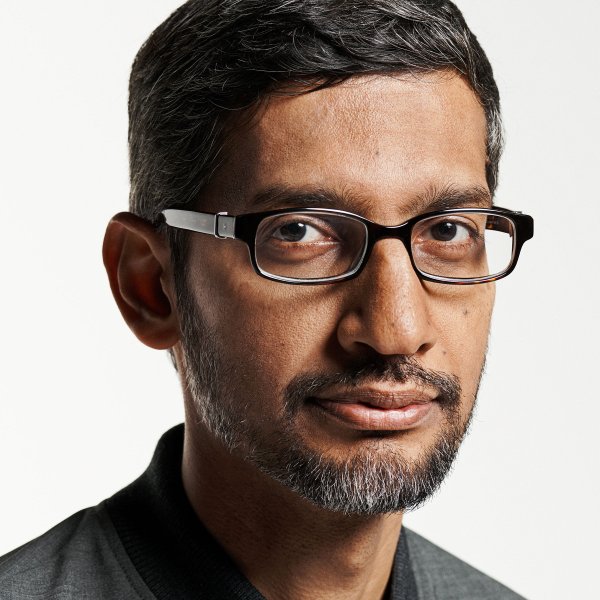The COVID-19 pandemic has been a global disaster—but it could have been much worse. The saving grace was Zhang Yongzhen, who led a team that published the first SARS-CoV-2 genome just days after the first cluster of cases emerged and likely within weeks of its jump into humans. That data allowed scientists around the world to begin developing tests for detecting the virus as early as January; as a result, China and other countries steadily closed the gap between infection and diagnosis, helping to flatten the curve and saving countless lives in the process.
The Zhang team’s unprecedented speed was made possible by the extraordinary disease-monitoring network they had built to detect emerging flu strains and coronaviruses. Their work envisions what is possible with a collaborative, connected public-health collective, and illuminates what gaps still remain. It is now up to the global community to realize this potential, to stop COVID-19 and the next pandemic before it has a chance to start.
Sabeti is a professor at Harvard University and a member of the Broad Institute, and led a team that sequenced the Ebola virus
- Cybersecurity Experts Are Sounding the Alarm on DOGE
- Meet the 2025 Women of the Year
- The Harsh Truth About Disability Inclusion
- Why Do More Young Adults Have Cancer?
- Colman Domingo Leads With Radical Love
- How to Get Better at Doing Things Alone
- Michelle Zauner Stares Down the Darkness






